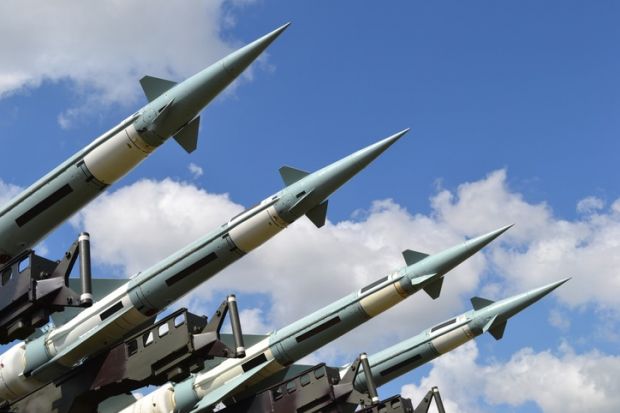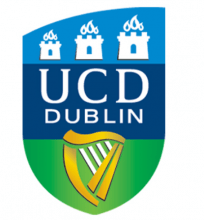Fifteen years ago, Iraq’s higher education infrastructure was in tatters. Two years into the US-led invasion, which began in 2003, 84 per cent of universities had been “burned, looted or destroyed”, according to a United Nations report.
Many institutions still feel the impact of the conflict, enduring regular electrical outages and shortages of equipment, facilities and money. Teaching hours have declined and universities have been forced to supplement their core educational mission with income-generating activities. These include the provision of services – such as consultation, engineering testing, medical analysis and health treatments – and even the production of consumer goods, such as dairy products and cooked meals.
Considerable recent progress has been made, nonetheless: 700,000 students are now enrolled across 136 institutions: up from just over 250,000 in 2004, at 20 universities and 47 technical institutes. Such expansion is driven by the fact that every young Iraqi desires the significant wage premium that a degree commands – mostly by improving the odds of landing a government job in a country with a lamentably small private sector and one of the world’s highest unemployment rates.
However, the economic growth and social improvements that human capital theory might predict are not yet evident. The UN’s Iraq National Human Development Report of 2014 concluded that “the transition process that followed the change of administration in 2003 has not achieved its objectives in political and economic transformation, security, migration, displacement, women’s and vulnerable groups’ rights, and education”. The only sign of improvement was higher consumer spending associated with increased oil revenues – not enough to kick-start sustainable development.
A recent World Bank report on education in the Middle East and North Africa disturbingly reveals that its quality has fallen compared with other global regions and needs urgent reform to address development needs and unemployment. Iraq’s graduates, in all disciplines, still show a shocking lack of marketable employment skills, such as the ability to think, debate and research independently. Their soft skills – writing and speaking convincingly – also leave much to be desired.
This is indicative of an absence of strategic vision among those involved in Iraqi education. What is needed is a fundamental shift in philosophy, towards an approach that prepares citizens for a knowledge economy in which they can continue to learn and grow intellectually, instead of seeing their knowledge rapidly lose relevance. This requires the nurturing of their capacity to raise questions and move from passive to positive learning, from indoctrination to empowerment and participation. This would be greatly helped by a creative interaction between science, philosophy and art, instead of the current fragmentation of disciplines.
Improving the quality of university teaching is also vital. The current standard is not acceptable, and even unsafe if people such as doctors and engineers are not being trained to international standards. I estimate that 80 per cent of Iraq’s 40,000 or so academics require further training, preferably at postdoctoral level at a Western university, whose vibrant research cultures should be emulated. In the absence of this, it is unsurprising that many Iraqi scholars teach the same rote learning techniques that they used when they were undergraduates.
Technological advances have also largely failed to penetrate university teaching in Iraq: lectures today look almost identical to those held 50 years ago, when I was a student. This could be addressed by establishing joint degrees with international universities whereby some lectures are taught by overseas professors more up to date on modern pedagogical techniques. This could be done via online distance learning, including live online classes and chat and messaging forums.
Education is especially pertinent to the future of nations such as Iraq, with disproportionally large populations of young people. As the World Bank report put it, the future of the Iraqi economy depends almost entirely on educational reform.
The challenge is to find new ways to provide high-quality education at a large scale while minimising costs. I earnestly hope that the government of Iraq will now pay more attention to funding universities, while emphasising the two basic functions of education: human liberation and maximising individuals’ contribution to sustained development.
Mohamed Al-Rubeai is an adviser to Iraq’s Ministry of Higher Education and Scientific Research and emeritus professor at University College Dublin.
POSTSCRIPT:
Print headline: Progress lies in urgent reform
Register to continue
Why register?
- Registration is free and only takes a moment
- Once registered, you can read 3 articles a month
- Sign up for our newsletter
Subscribe
Or subscribe for unlimited access to:
- Unlimited access to news, views, insights & reviews
- Digital editions
- Digital access to THE’s university and college rankings analysis
Already registered or a current subscriber? Login










